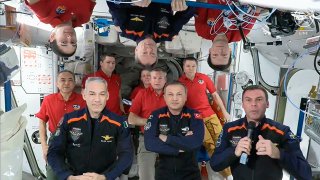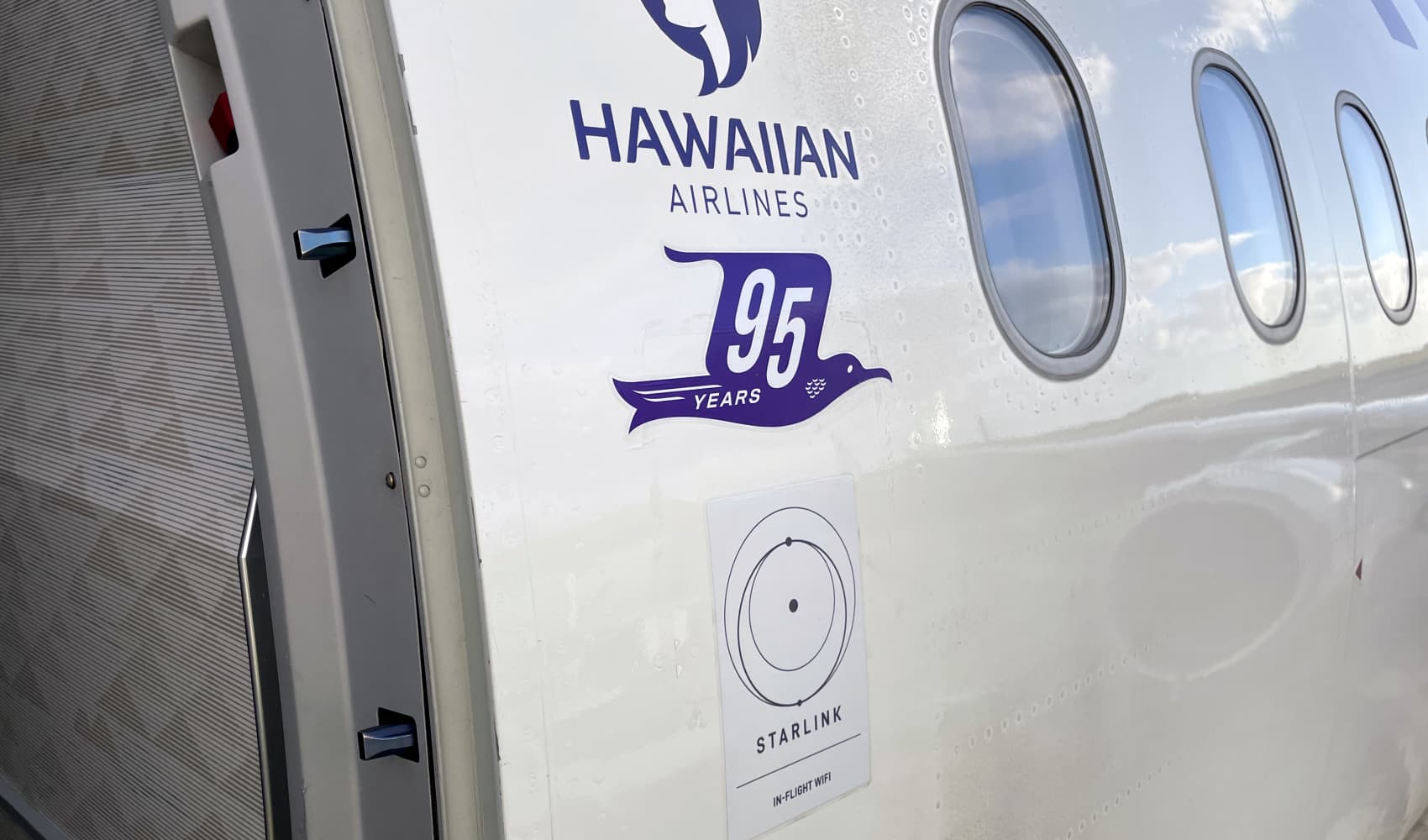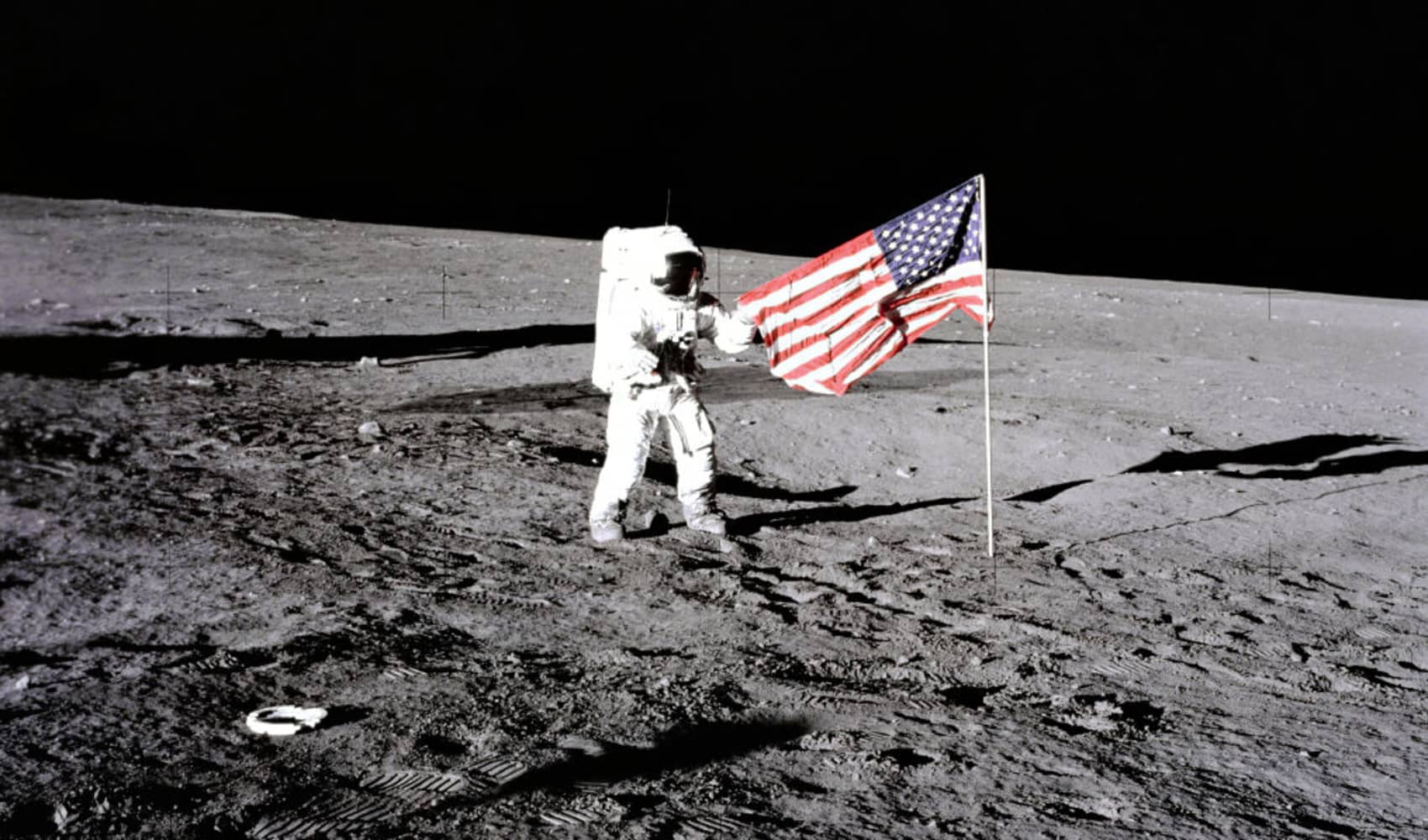
Turkey’s first astronaut returned home to a hero’s welcome Monday, portrayed as a symbol of the country’s advances in technology and aerospace.
Alper Gezeravci was greeted by bouquet-laden children at Ankara’s Esenboga Airport as he returned from a private three-week mission to the International Space Station. In return, he handed out Turkish flags he had carried with him into space.
Turkish President Recep Tayyip Erdogan has closely followed Gezeravci’s mission, declaring it a “new symbol of a growing, stronger and assertive Turkey,” after the country marked its centenary last year.
Erdogan has spoken several times to Gezeravci, a 44-year-old former Turkish fighter pilot, since he left for Florida to prepare for the mission.
His space flight, for which Turkey paid roughly $55 million, was the third such journey organized by Houston-based Axiom Space with NASA and SpaceX.
Get Tri-state area news delivered to your inbox.> Sign up for NBC New York's News Headlines newsletter.
The expedition is seen in Turkey as a source of national pride and a highlight of its technological advancement, especially in the field of aerospace and military development such as aerial drones.
Addressing journalists at Esenboga in front of a backdrop proclaiming “Turkey’s First Manned Space Mission,” Industry and Technology Minister Mehmet Fatih Kacir said the mission was “a first, but it will not be the last. A new page has been opened in space science and technologies for Turkey.”
Turkey established its own space agency in 2018, and said it will land on the moon by 2026.
Gezeravci was joined on the trip by Italian air force Col. Walter Villadei and Sweden’s Marcus Wandt, a former fighter pilot. They were escorted by retired NASA astronaut Michael Lopez-Alegria, who now works for Axiom Space.
The crew returned in a SpaceX capsule that parachuted into the Atlantic off the Florida coast on Friday.
While in orbit, the astronauts conducted science experiments and chatted with schoolchildren and officials from their countries. They enjoyed a few extra days at the space station, waiting for the weather to improve in the splashdown zone.



